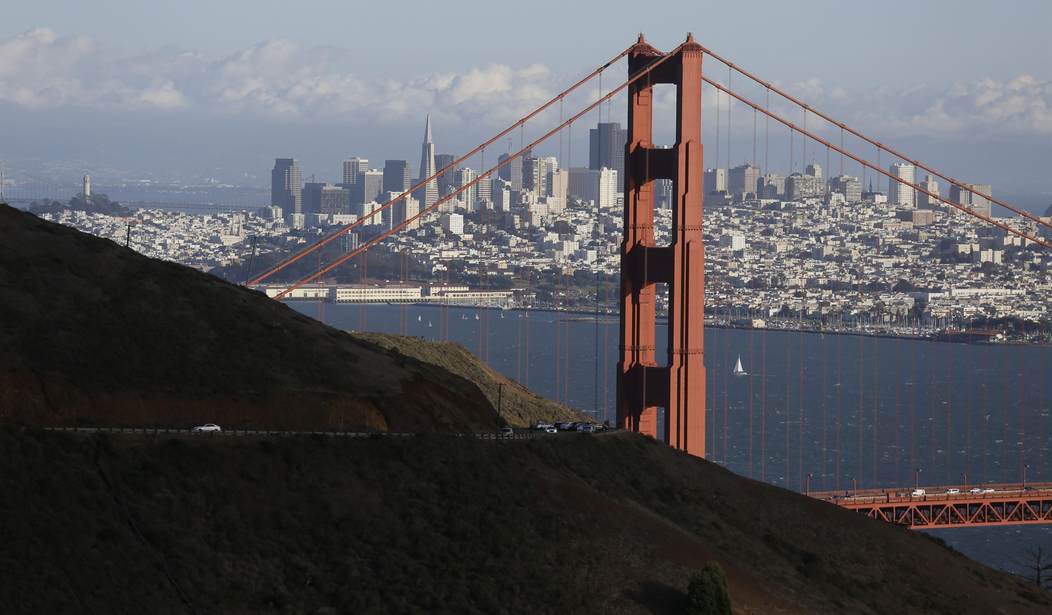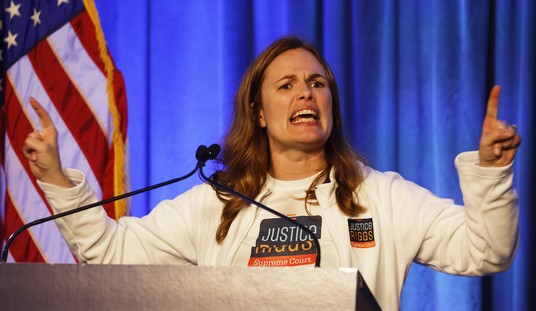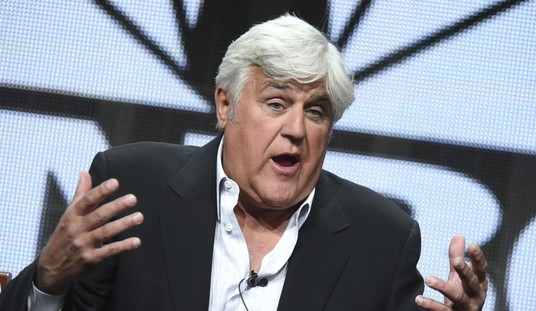San Francisco is hemorrhaging businesses. Soaring crime and homelessness have forced long-time businesses to close up shop for good. Some of those businesses are grocery stores, leaving many residents in the neighborhood without a place to buy food. But now, a city official may have found a way to make those businesses stick around a while longer, even if it is not financially feasible for them to do so.
As San Francisco spirals and businesses exit, the city's lawmakers are focusing their efforts on punishing property owners and empowering homeless squatters. https://t.co/HFALSkXNXQ
— Breitbart News (@BreitbartNews) April 1, 2024
San Francisco Board of Supervisors member Dean Preston introduced what he is calling the "Grocery Protection Act." It is based on a similar proposal in 1984 and was wisely vetoed by then-Mayor Dianne Feinstein. It would require grocery store owners to give a written six-month notice of their intent to close to the Board of Supervisors, as well as the Office of Economic and Workforce Development (OEWD), and as if that weren't enough, the stores would also be required to "meet and work in good faith with neighborhood residents," and the OEWD. this could mean anything from finding ways to keep the business open, or essentially to find their replacement. Failure to comply with this new set of regulations could result in legal proceedings, including damages, injunctive relief, declaratory relief, or a writ of mandate to rectify the violation.
There are several exceptions to the proposed regulations: if the store is forced to close due to unforeseen business circumstances that could not have been predicted at the time the notice would be required, or if some sort of natural disaster or emergency were to occur. Other exceptions would be if the store was actively seeking financial means that would postpone or avoid the closure, and if giving the closing notice would have affected the business getting the means to keep the doors open.
Deal with retail theft? Nah, we’ll just force the businesses to stay open. Right, San Francisco? #retailtheft #SanFrancisco #progressive https://t.co/MaGrtcDuqH
— CivilityCentral23 (@CivilityCentral) April 8, 2024
Cosmetic retailers L'Occitane and Sephora are just the latest businesses to exit San Francisco, as the flash mobs and smash-and-grab robberies that began in earnest in 2021 and 2022 have chased countless other major retailers out of the area. While city officials have tried to deny that they have a serious crime problem, one of the biggest retailers, Macy's, recently announced it was closing its location after 95 years in business.
The City claims that crime is actually down. From January 1 through March 31, car break-ins were reported down by 51 percent, gun violence by 38 percent, and rape by 29 percent. Another indication that residents of San Francisco may have had enough is the fact that residents recently voted to change the policy for police to engage in chases of criminals for less serious crimes.
But for neighborhood grocery stores that can no longer maintain a healthy bottom line because of high crime, the new rules seem as though the city wants to punish beleaguered store owners for closing, while city officials try to downplay the crime issue, and then add insult to injury by making a requirement to find your own replacement. Even larger stores like Whole Foods have been forced to shut down. Last year, one of the locations logged a staggering 568 emergency calls in 13 months. A total of 14 arrests were made for crimes committed by vagrants that ranged from yelling and fighting to throwing food.
After driving grocery stores out of business with leftist crime-coddling policies, Democrats now want to sue the bereft owners whose lives they've destroyed. https://t.co/u1pDvyb8Lr
— James Woods (@RealJamesWoods) April 8, 2024















Join the conversation as a VIP Member